FAQ
How is design incorporated into ESD?
One of the most exciting aspects of Design at SUTD is that it comes in so many forms and flavors. The theme of design is very important in the study of systems. ESD gives you the tools to model, analyse, and optimise real-world systems with a goal that our students will design robust infrastructures and design management policies that lead to increased efficiency, production, revenue, and performance in these complex systems. In the pillar years you will engage in course design projects and case studies that facilitate this kind of thinking.
Are ESD graduates competitive with NUS ISE graduates?
SUTD is a selective school committed to educating the people that will be future leaders of industry, government, and academia. We have many industry and government partners that have committed to hiring our students as interns and graduates as employees, which is a testament to the fact that they believe ESD students will be extremely competitive.
What is the difference between ESD and Industrial Engineering (IE)?
Industrial Engineering (IE) is a subset of ESD and a student could choose to build a profile similar to that of an IE. ESD is broader because we embrace a wider range of applications and emphasise more economics, public policy and management. An even more significant difference is the rigor of our courses, the high calibre of our faculty, and the unique educational experience we offer (smaller classes, industry involvement, project-based learning, research opportunities, and connection to MIT).
How does ESD differ from conventional programmes?
Our ESD degree is also often compared with various other programmes at different universities. ESD incorporates elements from industrial engineering, operations research, applied mathematics, system dynamics, economics, and business. Because the ESD curriculum and focus is so unique, there is no other degree programme that includes both the depth and breadth that ESD provides. In a traditional university, ESD is most similar to an industrial engineering programme. Industrial engineering (IE) also has a theme of modelling, simulating, and optimising systems. In addition IE programmes also introduce many of the same mathematical methods including operations research, discrete mathematics, and network analysis. A major component that differentiates ESD from traditional engineering programmes is consideration of the socio-economic environment in which systems operate. This environment imposes many business- and policy-related constraints. ESD focuses on cultivating the understanding of how these surrounding factors influence the performance of these traditional technical methods and how these two areas can be melded together to yield more robust and efficient solutions.
How does ESD differ from the other pillars at SUTD?
All of SUTD’s degrees are significantly broader than their counterpart degrees in traditional universities. For prospective students, it is sometimes difficult to distinguish the lines between ESD and the other degrees offered, most notably, Engineering Product & Development (EPD) and Information Systems Technology and Design (ISTD). In short, ESD focuses on infrastructure solutions that facilitates, runs, and optimises systems. This is best shown through an example. Consider the specific challenge of delivering and deploying plug-in electric vehicles (PEV) widely throughout Singapore. Compare how the EPD, ESD, and ISTD pillars address the various components of this application:
- EPD – Design the car for aerodynamics & comfort; design the vehicle’s engine and drive train; simulate and analyse the safety crash test; design and test a high capacity, efficient battery system.
- ESD – Design the optimal charging policy given the battery technology; analyse the effect of surge energy demands after rush hour; design charging schedule based on dynamic pricing of electricity; analyse life-cycle carbon-footprint of PEV; determine optimal location for charging stations given traffic flow patterns.
- ISTD – Design and implement car software, mobile device integration, status interface, heads-up display, and secure communication protocols both within the vehicle and between vehicles.
In general, ESD focuses on the logic that organises and coordinates complex systems. This logic is rooted in modelling, analysing, and optimising the systems toward an efficient, productive, and cost-effective solution.
